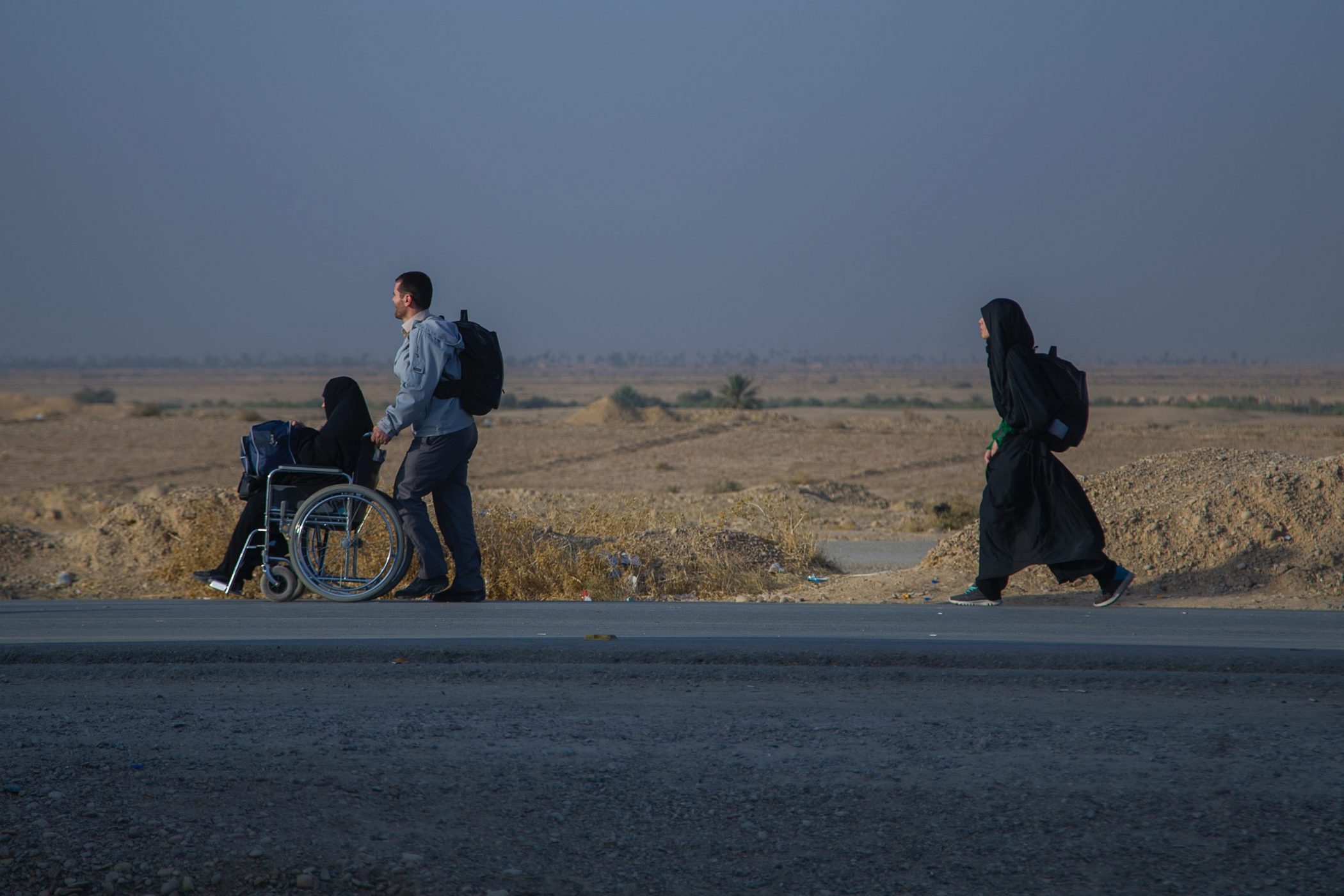The University’s Two Bodies: Crip Labor as/of Survival
Andrew David King
English
UC Berkeley
What might it mean for disabled graduate students to survive in—or just to *survive*—the academy? How do these labors of survival nuance or frustrate academic labor “proper?” In pursuing answers to these questions in the form of an essay, I center the lived experiences of disabled members of the academy (myself included), whose non-normative bodies and minds constitute, I argue, a crucial component of the material correlate of the abstract notions of the “university” and its “student body.” I draw on social science, testimony, and contemporary critical disability theory—with its notions of crip time and crip labor—to ground a critique of the excess, ghostly labor done by disabled graduate students to ensure “access” to their institutions in terms of accommodations as well as cultural capital, to establish economies of care, and more. I articulate a partial taxonomy of these forms of ghostly labor, which range from “private” ordeals to public, institutional co-options of identity and knowledge. I seek to understand how the resources of disability theory might aid not only in the enumeration of these unattended-to labors, but (in a Marxist turn) in our understanding of how bodies of all sorts are trained, dominated, and alienated in academic work.
Photograph credit: Mostafa Meraji.

